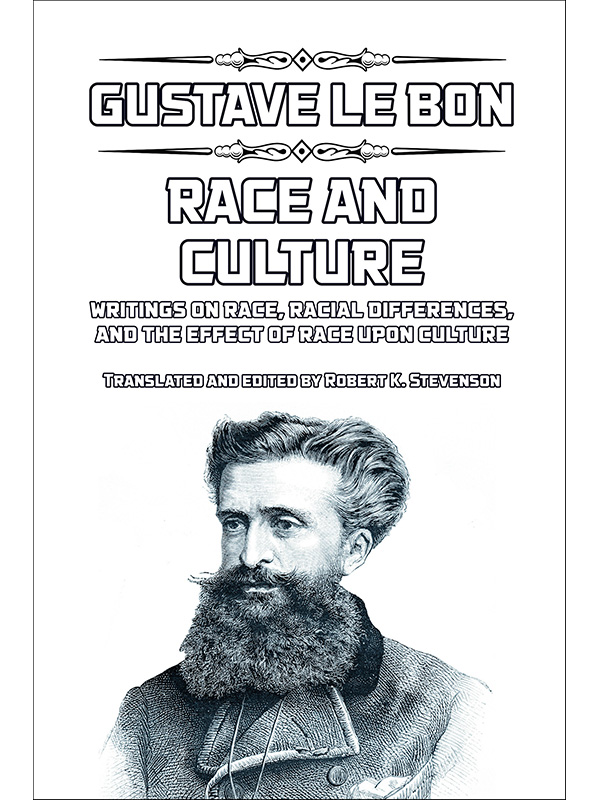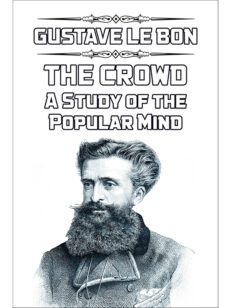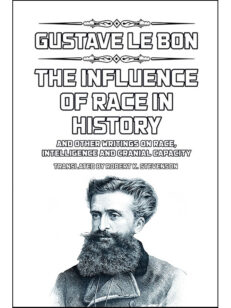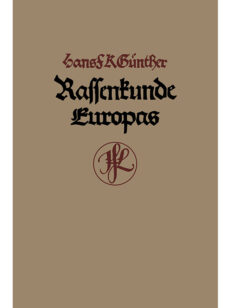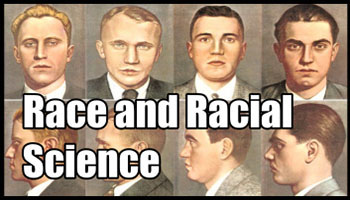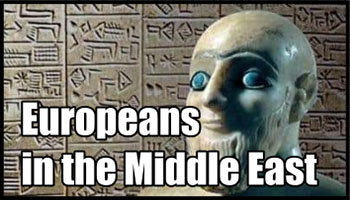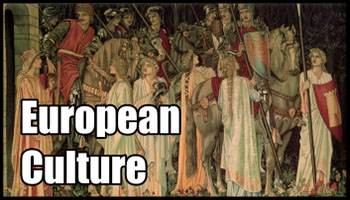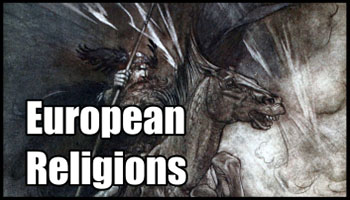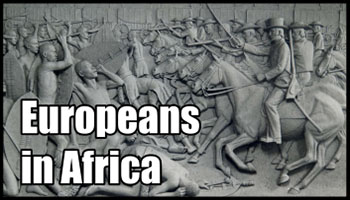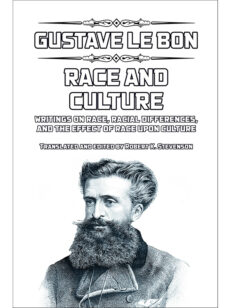Description
By Gustave Le Bon. Six essays dealing with the science of the study of race, racial differences, race and psychology, and the impossibility of “cultural transference” between races, penned by the famous French anthropologist and founder of the science of crowd psychology, Doctor Gustave le Bon.
“The Study of Races and Present-day Anthropology” points out that races can be clearly defined by obvious physical attributes alone, and that what “mainly differentiates races, quite as well from the point of view of civilization as from the anatomical point of view, is that some [races] possess a certain number of individuals having very developed brains, whereas the others possess very few such individuals, or even do not possess any.”
“The Method of Averages in Anthropology” provides an insight into how “averages” are misrepresented by statisticians because an “average” can only be determined by examining like individuals, and not from any group with vastly differing characteristics.
“On the Present Formation of a Race in the Tatras Mountains” shows how the process of natural selection as imposed by geographical isolation produces a uniform racial type.
“Algeria and the Ideas Prevailing in France Concerning Colonization” discusses the disastrous route then French colonial policy was following in Algeria, and how French attempts to dominate the natives would only result in unending hatred. It also deals with the question of Islam and that religion’s total opposition and utter incompatibility with European culture and civilization. It then moves on to a fascinating study of the racial elements which make up modern India. “In this paper I have indicated the dangers that exist in wanting to impose on a people the institutions, ideas, and needs of different peoples. I shall add, moreover, that this task is an absolutely impossible one and that no European nation will ever succeed in realizing it.”
“Applications of Psychology to the Classification of Races” discusses the inevitable destruction of all racial identity which will result from intermixture. “These moral and intellectual qualities determine the evolution of a people and the role that they play in history…they represent the entire heritage of a race, and are therefore the fundamental motive powers of direction. The institutions are created by these motive powers, and it is but only by them that they can be formed.”
“The Influence of Education and European Institutions on the Indigenous Populations of the Colonies” provides the clearest evidence yet that it is impossible to change the nature of a race by imposing upon them the cloak of another race’s culture. This cloak will always remain a veneer, to be torn off once the real racial nature of the subjected population reasserts itself.
All these essays were first published in the Review Scientifique, the official journal of the Anthropological Society of Paris, 1879 to 1881, and in the Review Philosophique, July 1886.
About the author: Charles-Marie Gustave le Bon (1841–1931) was one of France’s most famous polymaths, who wrote and studied extensively in the fields of anthropology, psychology, and science. His best-known work was The Crowd: A Study of the Popular Mind, which laid the foundation for the modern science of the study of crowd psychology.
Contents
About the Author
The Study of Races and Present-day Anthropology
The Method of Averages in Anthropology
On the Present Formation of a Race in the Tatras Mountains
Algeria and the Ideas Prevailing in France Concerning Colonization
Applications of Psychology to the Classification of Races
The Influence of Education and European Institutions on the Indigenous Populations of the Colonies
Illustrations
Professor Jean Louis Armand de Quatrefages
Doctor Paul Broca
Herbert Spencer, author of “Principles of Sociology”
Belgian statistician Adolphe Quételet
Graph 1. Minimal influence of height on brain weight
Graph 2. Curves showing the progressive development of skull volume in the human races
Graph 3. Skull volume of women of diverse races compared
George Washington presides over the signing of the US Constitution
People of the Tatras mountains
Podhalean woodcarver
Podhalean children
Resident of Zakopane
Map of French North Africa
French Algiers. 1899
176 pages. 15 illustrations. Paperback.

